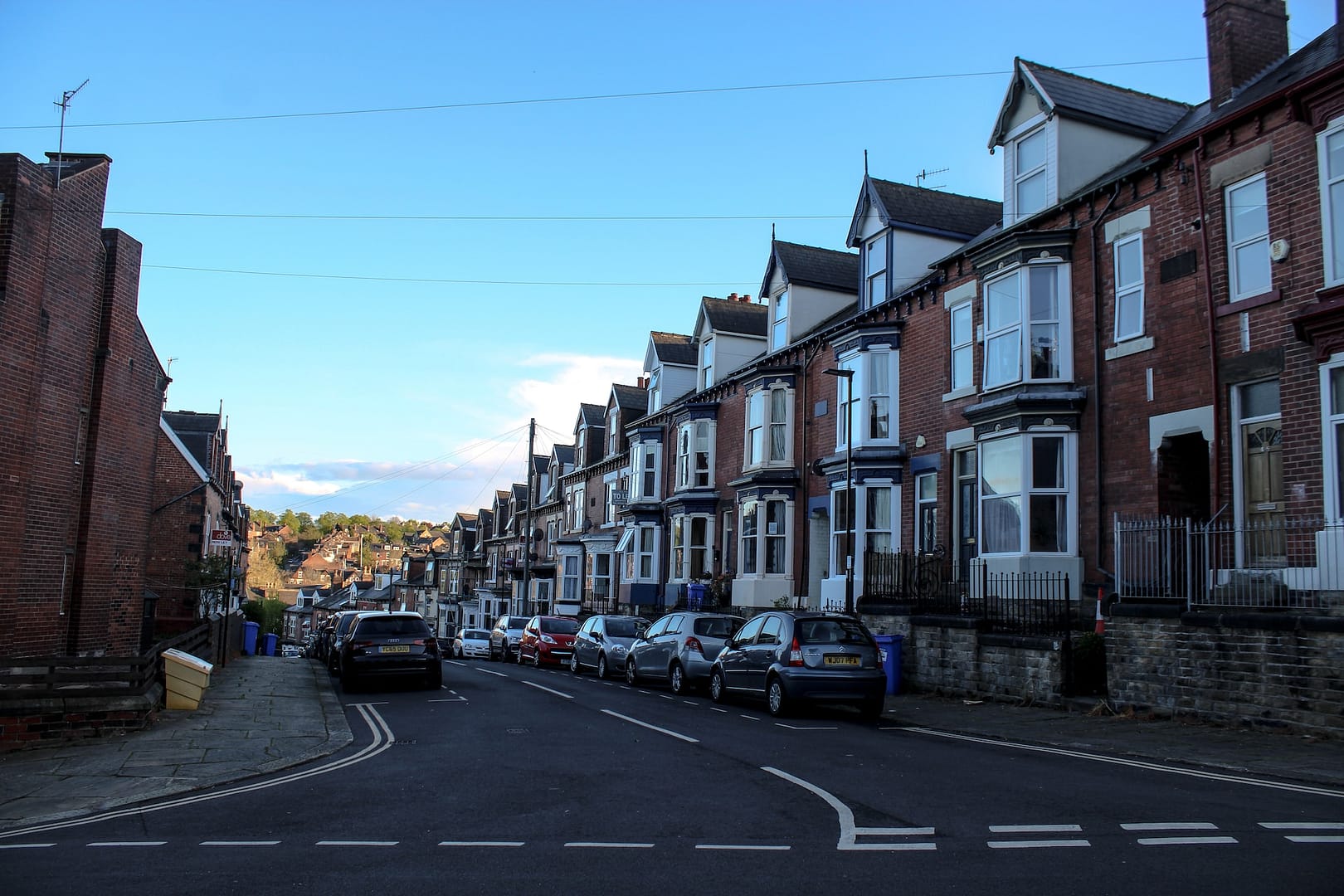In the United Kingdom, the quality of social housing is a topic of critical concern. As housing plays a fundamental role in people’s lives, ensuring decent, affordable, and safe homes is a top priority. But what exactly are the standards that govern social housing in the UK, and who is responsible for regulating them? In this article, we will delve into the world of social housing standards in the UK, exploring the regulations, challenges, and aspirations that shape the landscape of housing for those who need it the most. We will also delve into the process of making a housing disrepair claim.
Understanding Social Housing
Before we dive into the standards, let’s establish what social housing is. Social housing refers to homes that are owned and managed by public authorities or housing associations, with the primary purpose of providing affordable accommodation for those who may not be able to afford market-rate housing. This type of housing is often offered to individuals and families who are on low incomes or in need of additional support, such as the elderly, disabled, or vulnerable.
The Significance of Social Housing
Social housing serves a vital role in the UK, providing a safety net for individuals and families facing economic challenges. It plays a crucial role in reducing homelessness and ensuring that vulnerable populations have access to a secure and stable place to live. This not only improves the quality of life for the tenants but also benefits society as a whole.
Social Housing Standards
The quality of social housing in the UK is governed by a set of standards designed to ensure that tenants have access to decent, safe, and affordable homes. These standards cover a range of areas, from the condition of the property to the management of social housing.
Decent Homes Standard
One of the most important benchmarks for social housing in the UK is the Decent Homes Standard. This standard, introduced in 2000, sets out the minimum requirements for a property to be considered decent. It focuses on key aspects, including:
Safety: Ensuring that homes are free from serious hazards that could pose a risk to residents’ health and safety.
Adequate amenities: Providing suitable facilities for the preparation and cooking of food, and for the disposal of wastewater.
Energy efficiency: Promoting the use of energy-efficient measures to reduce the environmental impact and energy bills for tenants.
Structural integrity: Ensuring that the property is in a good state of repair and does not pose risks to the health or safety of residents.
Meeting the Decent Homes Standard is essential for social housing providers to ensure that their properties are habitable and meet the basic requirements for a decent living environment.
Housing Health and Safety Rating System (HHSRS)
In addition to the Decent Homes Standard, the Housing Health and Safety Rating System (HHSRS) is another crucial tool for assessing the condition of social housing. The HHSRS is a risk-based evaluation system that identifies potential hazards in a property. It takes into account factors like dampness, heating, and sanitation, as well as any safety risks that may affect the tenants.
The HHSRS is used by local authorities to assess properties and determine whether they meet the required standards. If a property falls short, the local authority may take enforcement action to address the issues and ensure the safety and well-being of the tenants.
Regulation of Social Housing in the UK
Now that we have a good understanding of the standards, let’s explore who regulates social housing in the UK.
Regulatory Bodies
The oversight and regulation of social housing in the UK are primarily carried out by a few key regulatory bodies. The most prominent among these is the Regulator of Social Housing (RSH). The RSH is an independent regulator that ensures social housing providers in England meet the required standards of governance and financial viability. It plays a pivotal role in safeguarding the interests of tenants and taxpayers.
Housing Associations
Housing associations are a critical component of social housing in the UK. These not-for-profit organisations own and manage a significant portion of the social housing stock. They are regulated by the RSH to ensure they meet the required standards of governance, financial viability, and service quality. The RSH holds them accountable for delivering quality services and maintaining their properties to the specified standards.
Local Authorities
Local authorities, such as city councils and borough councils, also play a role in regulating social housing. They are responsible for assessing and addressing housing conditions, enforcing housing standards, and ensuring that properties are safe for tenants. They work in conjunction with the RSH to uphold these standards and protect the rights of tenants.
Challenges in Maintaining Social Housing Standards
While there are robust regulations in place, maintaining social housing standards in the UK is not without its challenges.
Financial Constraints
One of the primary obstacles is the financial strain on social housing providers. The demand for affordable housing often exceeds the available resources, making it difficult to maintain properties to the desired standards. Providers may face financial pressures, impacting their ability to invest in property maintenance and improvements.
Ageing Housing Stock
Many social housing properties in the UK are ageing and require significant refurbishment. Upgrading older properties to meet modern standards can be costly and logistically challenging. Housing associations and local authorities face the dilemma of either investing heavily in refurbishments or considering redeveloping properties to meet the Decent Homes Standard.
High Demand
The demand for social housing in the UK consistently outstrips the supply. This high demand places pressure on social housing providers to allocate properties efficiently and prioritise those in most need. The sheer volume of applications for social housing can make it difficult to maintain a quick turnaround and provide suitable accommodation for all.
Regulatory Compliance
While regulations are in place, ensuring that all social housing providers comply with them can be a daunting task. Some providers may struggle to meet the standards, either due to resource constraints or operational challenges. This puts pressure on regulatory bodies to enforce compliance and work with providers to make necessary improvements.
Aspirations for the Future
Despite these challenges, there are strong aspirations for the future of social housing in the UK. The overarching goal is to continue improving the quality of social housing and ensuring that it remains an essential part of the housing landscape.
Increased Investment
One key aspiration is to secure increased investment in social housing. This would allow providers to modernise and upgrade existing properties, ensuring they meet the Decent Homes Standard and offer a high quality of life for tenants. It would also enable the construction of new, energy-efficient social housing to address the growing demand.
Sustainability
Sustainability is a growing concern in the UK’s housing sector. As such, there is a push to make social housing more sustainable by incorporating energy-efficient features and reducing the environmental impact. This not only benefits the environment but also reduces energy costs for tenants.
Tenant Empowerment
Empowering tenants by involving them in the decision-making process is an ongoing priority. Tenant participation ensures that their voices are heard, and their concerns are addressed, leading to improved living conditions and greater satisfaction.
Affordable Rent
Maintaining affordable rent levels is a cornerstone of social housing. Ensuring that social housing remains genuinely affordable for those in need is essential for the well-being of tenants and for preventing homelessness.
Making a Housing Disrepair Claim with National Claims
In this section, we’ll take on the role of National Claims, a company dedicated to assisting tenants in the UK with housing disrepair claims. We’ll guide you through the process of making a housing disrepair claim, ensuring that your rights as a tenant are protected.
How to Start a Housing Disrepair Claim
Note: You can only make a claim if you are currently living in social housing.
Document the Issues
The first step in initiating a housing disrepair claim is to thoroughly document the problems in your property. This includes taking photographs, recording dates of when the issues were reported to your landlord or housing association, and keeping any written communication related to the problems. Clear and comprehensive documentation will strengthen your case.
Contact National Claims
Once you have gathered all necessary information and evidence, it’s time to get in touch with us, National Claims. We specialise in helping tenants like you navigate the claims process. Our team of experts will review your case and advise you on the best course of action.
Assessing Your Case
National Claims will assess your case’s viability. We will evaluate the extent of the disrepair, the impact on your living conditions, and the responsibility of your landlord or housing association. If your case has a strong foundation, we will guide you through the process and provide legal support as needed.

Conclusion
In the UK, the quality of social housing is heavily regulated to ensure that tenants have access to safe, decent, and affordable homes. The Decent Homes Standard and the Housing Health and Safety Rating System (HHSRS) are critical benchmarks for maintaining these standards. Regulatory bodies, housing associations, and local authorities play a crucial role in overseeing and enforcing these standards.
Despite challenges like financial constraints, ageing housing stock, and high demand, there is a strong aspiration to increase investment, promote sustainability, empower tenants, and maintain affordable rent levels in the future of social housing. This will ensure that social housing continues to serve as a vital safety net for those in need.
Additionally, for tenants facing housing disrepair issues, companies like National Claims are available to provide guidance and support through the process of making a claim. Your right to live in a well-maintained property is paramount, and housing disrepair claims are a means to protect that right. By documenting issues, seeking assistance from professionals, and, if necessary, pursuing legal action, tenants can ensure that their living conditions meet the required standards.
At National Claims, we’re committed to helping tenants navigate the often complex process of housing disrepair claims, ensuring that their voices are heard, and their concerns are addressed. By taking the necessary steps to assert your rights as a tenant, you can contribute to the ongoing improvement of social housing standards in the UK.
Contact us today to find out more about how we deal with housing disrepair and start your claim.
Click below to see why we are one of the most trusted claims management companies in the UK.

We’re proud of our excellent customer reviews
We thrive on delivering exceptional service and ensuring our clients’ satisfaction. Don’t just take our word for it. Check out some of our independent reviews to see what our clients have to say.
Excellent

This firm is excellent, they sorted out my car pay out and injury claim very fast, they always communicate with you all the time.

My accident case was dealt with confidence and with great result of the outcome, especially James kept me informed all the time.

I was very impressed at the way my inquiry was treated. I was listened to attentively and everything I needed to know was explained to me.






